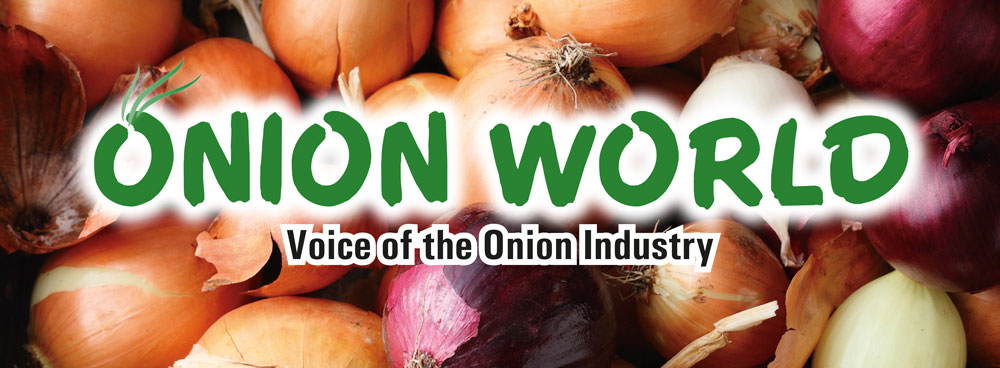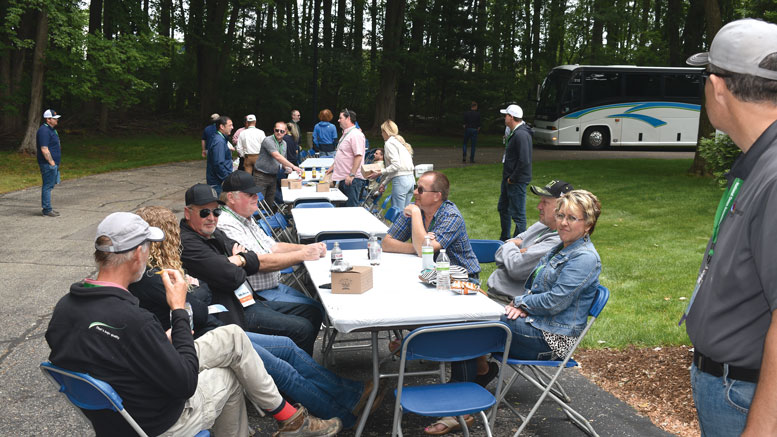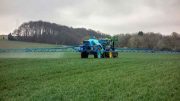|
Click to listen to this article
|
Story and photos by Dave Alexander, Publisher
The National Onion Association (NOA) Summer Convention was held June 14-17 in Grand Rapids, Michigan. Outside, Grand Rapids was cool and pleasant. And the city was convenient and close to three onion-related stops that were on the NOA Ag Tour. Inside, committees met, members dined, auction items sold and speakers talked about the 2023 Farm Bill and the ever-present topic of food safety.
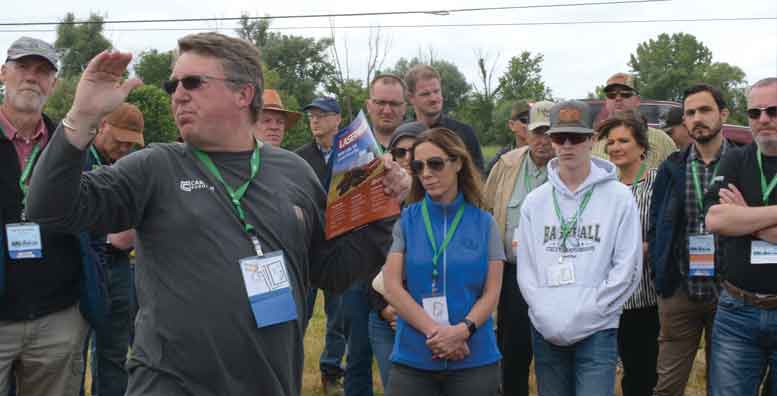
Farm Bill
The NOA general session featured a taped appearance from U.S. Sen. Debbie Stabenow of Michigan, chairwoman of the U.S. Senate Committee on Agriculture, Nutrition and Forestry. She shared her thoughts on the impending Farm Bill, which is legislated every five years and comes before Congress again this year. In the 2018 Farm Bill, Congress included permanent, annual funding for specialty crop block grants, research and trade programs. Stabenow has spent her career advocating for specialty crops like onions, she said, and specialties are still frontline for her.
“I’m committed to protecting the progress and permanent investments we’ve made while looking for new and innovative ways to expand risk management opportunities and boost markets at home as well as abroad,” Stabenow said.
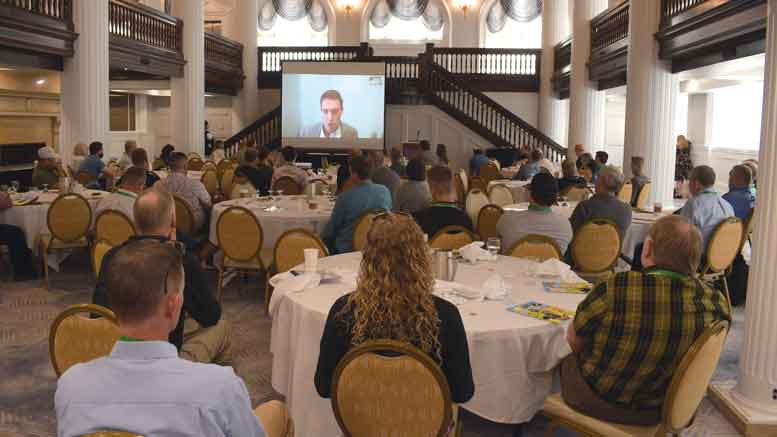
But Barry Vculek, owner of Four Star Ag in North Dakota and a member of the NOA Legislative Committee, said money going to agriculture may not be what it seems in the new Farm Bill. He said as much as 80 percent of the total funds could be going to subsidy programs such as the Supplemental Nutrition Assistance Program (SNAP).
Stabenow said she often hears that labor shortages are a real problem for farmers and “Congress must get serious about labor reform.”
Addressing labor, Vculek said the Adverse Effect Wage Rate has raised wage levels in all states and it’s “seemingly getting out of hand.”
He is required to pay $18 an hour for “laborers to throw 50-pound bags” – whether employing locals or H-2A workers.
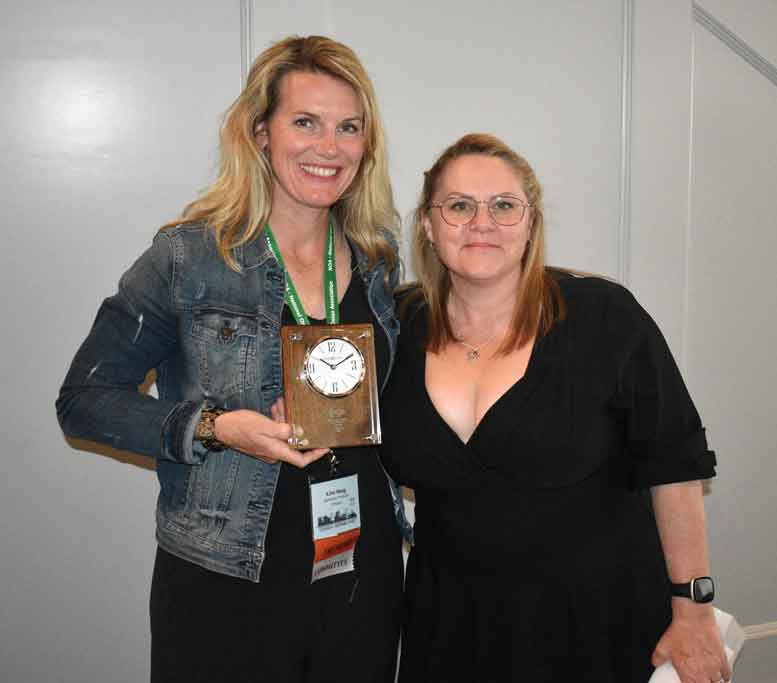
Specifically referencing H-2A, Vculek warned, “It seems like the government is trying to make this program more restrictive and more expensive for us on a daily basis.”
The U.S. Senate Committee on Agriculture, Nutrition and Forestry is still seeking feedback and taking ideas and proposals for the 2023 Farm Bill at www.agriculture.senate.gov/farm-bill or by email at farmbill2023@ag.senate.gov.
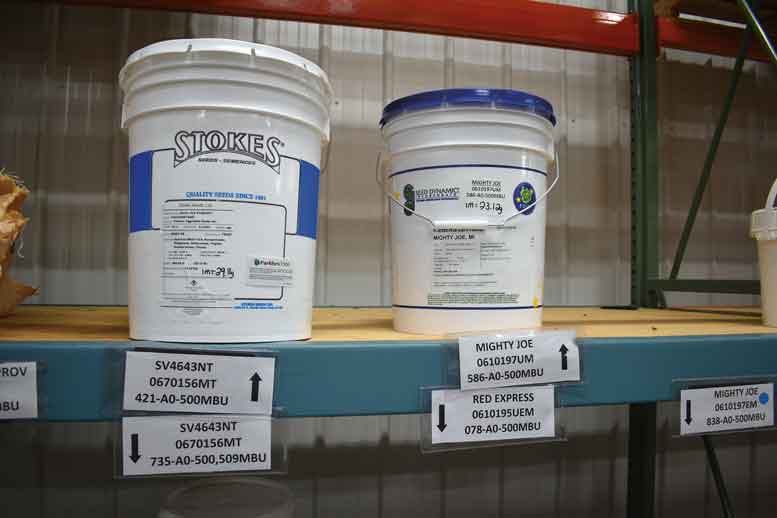
Food Safety
Food safety has been a constant focus of NOA meetings for the last couple years, so it was no surprise that Rebecca Anderson with GlobalG.A.P. appeared via Zoom with a presentation that included food safety tips and how to implement them.
Anderson stressed the importance of appropriate, achievable food safety operating practices and advised putting checklists in place to get organized and to ensure workers’ compliance. Employees need to have information resources, and policies should be in place. Policy training meetings are critical, but can get overwhelming and stagnant when they remain the same, year after year. Breaking them into monthly meetings or by topic will help workers stay engaged.
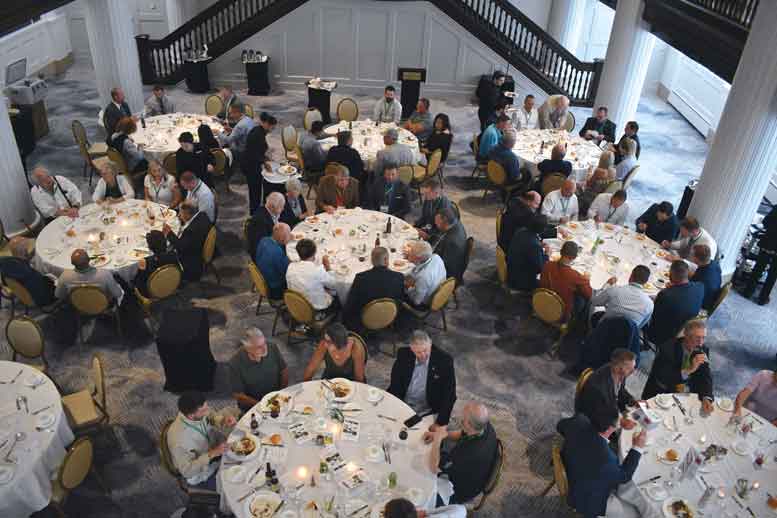
Companies also want to ensure all employees have a voice, from frontline workers, to managers, to owners, Anderson said. Employees should be encouraged to speak up and give input, but also accept accountability.
Anderson reminded attendees that food safety is a year-round concern. Sanitation and cleaning of equipment, grounds maintenance, water supply, hand washing stations, restrooms and waste management should always be considered, but remain on the lookout for new or different methods and technology to improve and make things easier.

The next NOA get-together will be the Annual Convention in San Antonio, Texas, Nov. 29 – Dec. 2, 2023. This meeting and the National Allium Research Conference will be held together, so high attendance is expected. Early hotel reservations are encouraged at www.onions-usa.org/members/conventions.
For more pics and to see the story in the magazine, click here.
